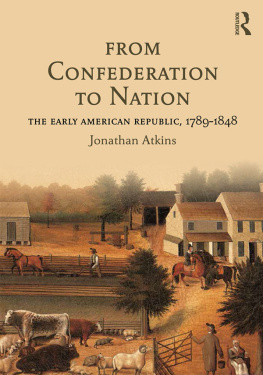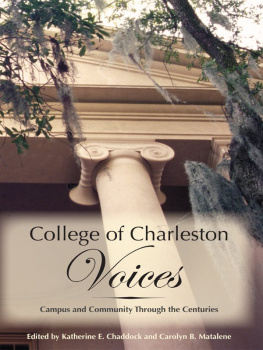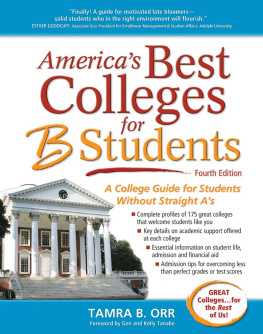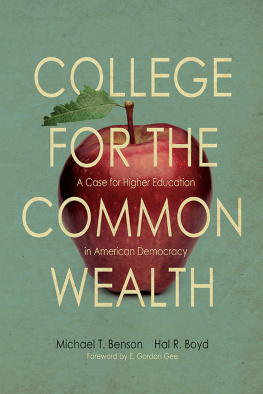Margaret Sumner - Collegiate Republic: Cultivating an Ideal Society in Early America
Here you can read online Margaret Sumner - Collegiate Republic: Cultivating an Ideal Society in Early America full text of the book (entire story) in english for free. Download pdf and epub, get meaning, cover and reviews about this ebook. City: Charlottesville, year: 2014, publisher: University of Virginia Press, genre: History / Science. Description of the work, (preface) as well as reviews are available. Best literature library LitArk.com created for fans of good reading and offers a wide selection of genres:
Romance novel
Science fiction
Adventure
Detective
Science
History
Home and family
Prose
Art
Politics
Computer
Non-fiction
Religion
Business
Children
Humor
Choose a favorite category and find really read worthwhile books. Enjoy immersion in the world of imagination, feel the emotions of the characters or learn something new for yourself, make an fascinating discovery.

- Book:Collegiate Republic: Cultivating an Ideal Society in Early America
- Author:
- Publisher:University of Virginia Press
- Genre:
- Year:2014
- City:Charlottesville
- Rating:5 / 5
- Favourites:Add to favourites
- Your mark:
Collegiate Republic: Cultivating an Ideal Society in Early America: summary, description and annotation
We offer to read an annotation, description, summary or preface (depends on what the author of the book "Collegiate Republic: Cultivating an Ideal Society in Early America" wrote himself). If you haven't found the necessary information about the book — write in the comments, we will try to find it.
Collegiate Republic offers a compellingly different view of the first generation of college communities founded after the American Revolution. Such histories have usually taken the form of the institutional tale, charting the growth of a single institution and the male minds within it. Focusing on the published and private writings of the families who founded and ran new colleges in antebellum America--including Bowdoin College, Washington College (later Washington and Lee), and Franklin College in Georgia--Margaret Sumner argues that these institutions not only trained white male elites for professions and leadership positions but also were part of a wider interregional network of social laboratories for the new nation. Colleges, and the educational enterprise flourishing around them, provided crucial cultural construction sites where early Americans explored organizing elements of gender, race, and class as they attempted to shape a model society and citizenry fit for a new republic.
Within this experimental world, a diverse group of inhabitants--men and women, white and colored, free and unfree--debated, defined, and promoted social and intellectual standards that were adopted by many living in an expanding nation in need of organizing principles. Priding themselves on the enlightened and purified state of their small communities, the leaders of this world regularly promoted their own minds, behaviors, and communities as authoritative templates for national emulation. Tracking these key figures as they circulate through college structures, professorial parlors, female academies, Liberian settlements, legislative halls, and main streets, achieving some of their cultural goals and failing at many others, Sumners book shows formative American educational principles in action, tracing the interplay between the construction and dissemination of early national knowledge and the creation of cultural standards and social conventions.
Margaret Sumner: author's other books
Who wrote Collegiate Republic: Cultivating an Ideal Society in Early America? Find out the surname, the name of the author of the book and a list of all author's works by series.






